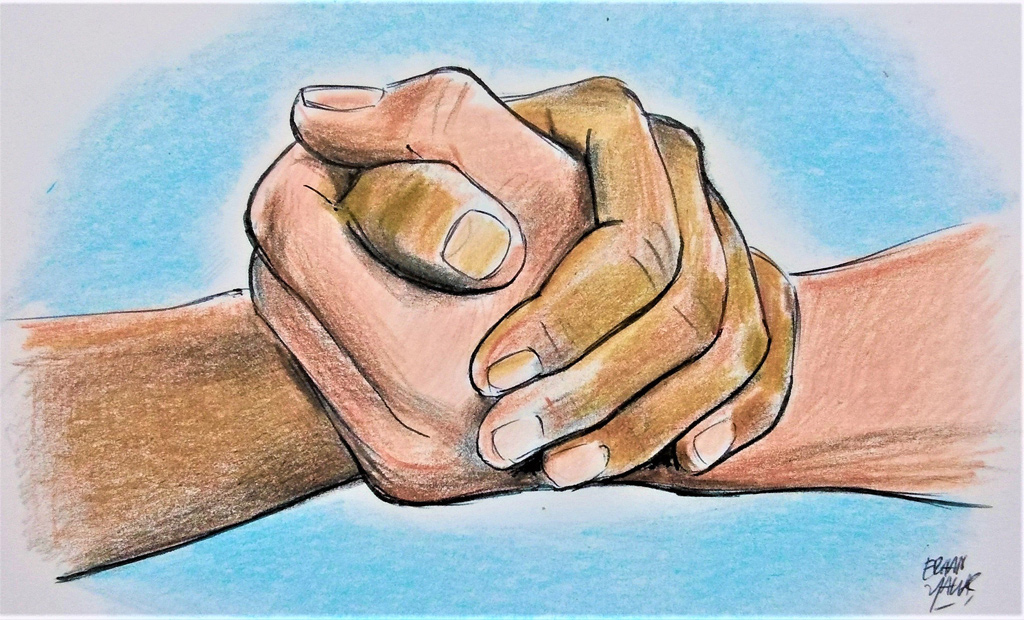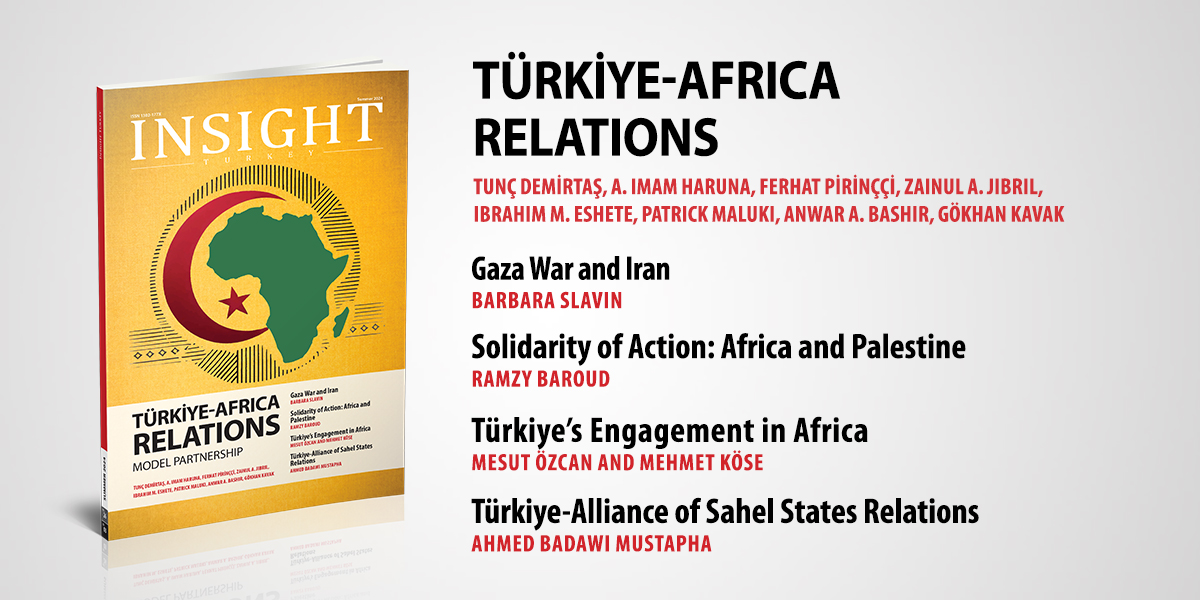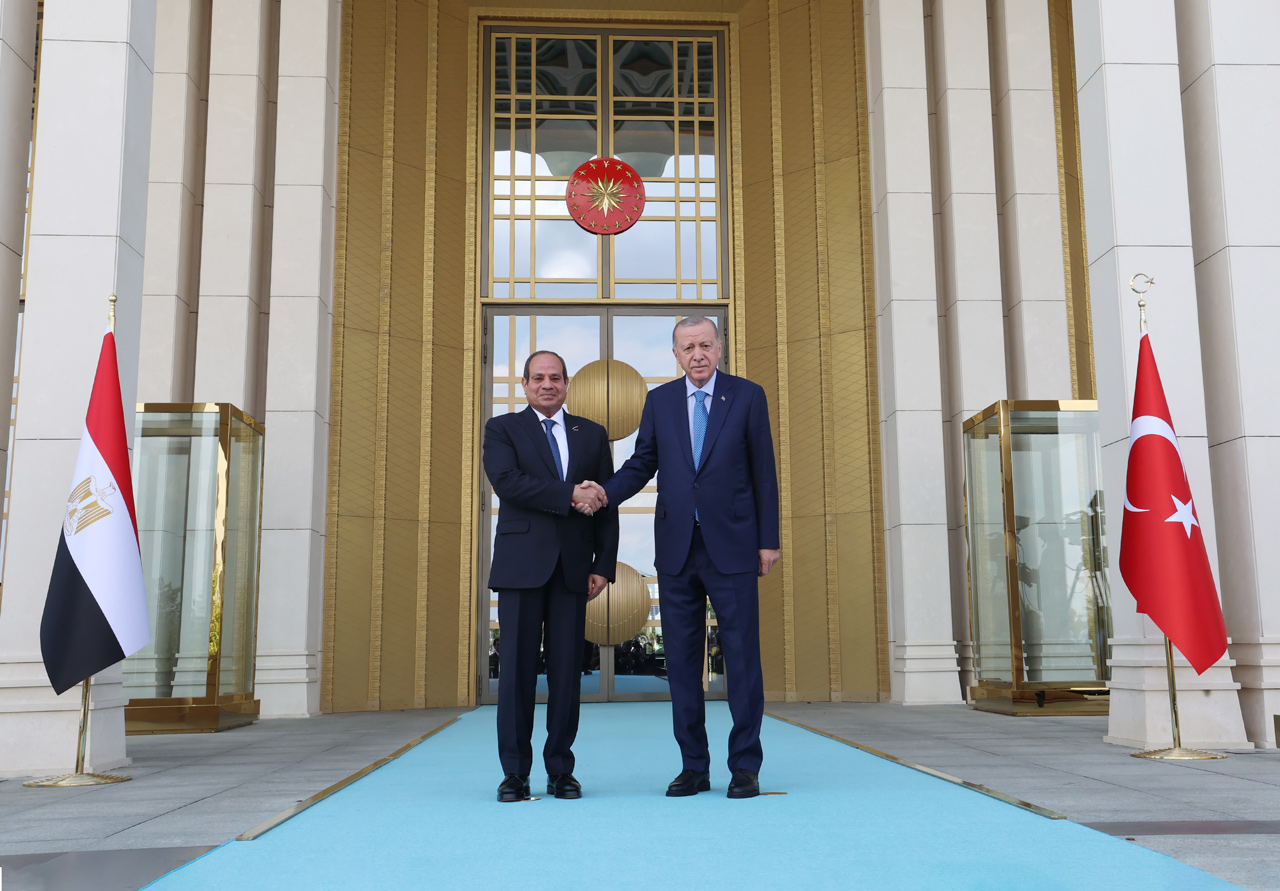Turkey's African policy
There are several significant principles that determine Turkish foreign policy towards the African continent. First of all, unlike many global and traditional colonial powers, Turkey does not prefer a hierarchical, peremptory and colonial relationship with African countries. Instead, Turkey has been trying to improve its relations with African countries based upon the principle of equal partnership. Second, Turkey has been trying to encourage African countries to demand reform in the global system and to raise awareness about the current exploitative continental system. For this reason, it has been asking for the support of African countries to end the rule of colonial states like France and thus to overthrow the colonial system on the continent. Turkey has also been trying to be the voice of the African countries in global platforms such as the United Nations and G-20. As declared by Erdoğan in the Angolan parliament, Turkey is asking African states to cooperate and unite against the unjust international system dominated by only certain powers. Third, Turkey has been trying to break the news and information monopoly certain colonial countries have on the continent. Even though the number of Turkish embassies has increased to 43 and the number of African embassies in Turkey has risen to 37, Western media platforms and the new agencies still dominate the continent. Turkish media platforms such as Anadolu Agency (AA) and state broadcaster TRT have begun to increase their branches on the continent to provide information. Alternative information sources will contribute to the consolidation of mutual trust between Turkey and African states. Furthermore, many Turkish institutions, which attach great importance to Africa, increased their activities across the continent and thus improved Turkey’s image. Among others, Turkish Airlines (THY) offers flights to 60 different destinations across 39 African countries, and the Turkish International Cooperation and Development Agency (TIKA) has about 30 coordination centers in Africa.Three styles of politics
All in all, external powers follow three traditional styles of politics towards the African continent, namely hierarchical/colonial, mutual benefit/equal partnership or free aid. The first style, preferred by the colonial powers such as France and other European countries, is completely exploitative. Colonial Western countries for centuries exploited the African continent for their own interests. The second style, preferred by some countries such as Turkey, depends on a win-win strategy. For this reason, Turkey has been emphasizing investment opportunities, boosting bilateral trade, building infrastructure and improving agricultural production, all of which will contribute to state-building capacity. According to this horizontal relationship, the related sides develop an association based upon mutual benefit. The third style is followed by some countries that provide humanitarian and developmental aid to African states. With its governmental institutions and civil organizations, Turkey is one of the largest contributors of free aid to African states such as Somalia. Turkey has been following a policy combining the second and the third styles of politics. Turkey has adopted a holistic approach in its relations with African countries, combining its soft power (humanitarian aid, nongovernmental organizations and trade) with hard power (defense industry and arms sales). That is, Turkey will continue to improve its relations with Africa in all sectors whether it be economic, trade, defense, agriculture, tourism or the struggle against terrorism. In order to deepen Turkish-African cooperation, Turkey will host the third Economy and Business Forum in October and the third Turkey-Africa Partnership Summit in December, both in Istanbul.
[Daily Sabah, October 20, 2021]









